
The 100-Year Life
Living and Working in an Age of Longevity
Recommendation
Celebrating a 100th birthday used to be a rare occurrence. But as of 2016, half the children born in the West have a life expectancy of 105 years. These extra years will likely be healthy, as morbidity rates are predicted to decrease in many parts of the world. Yet, the gift of a long life brings unexpected complications. In this well-researched, comprehensive if academic overview, London Business School professors Lynda Gratton and Andrew Scott address some of these issues, including supporting yourself during an extended retirement, maintaining beneficial relationships, staying healthy, and periodically updating your skills and knowledge. While end-of-chapter summaries or bullet points might have been helpful, getAbstract finds that this in-depth analysis will help everyone hoping to spend an extra decade or two on Earth and anyone seeking to hire them, invest in them or sell to them.
Summary
About the Authors
Management practice professor Lynda Gratton received the 2015 award for best teacher at the London Business School, where Andrew Scott is an economics professor. He previously taught at Harvard University and the London School of Economics.









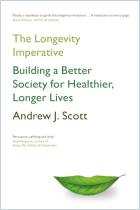
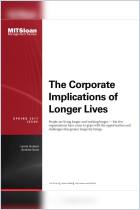


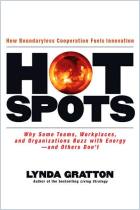
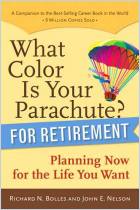
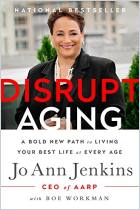

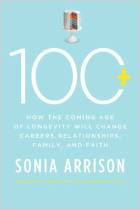

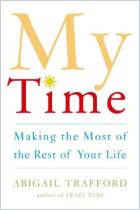
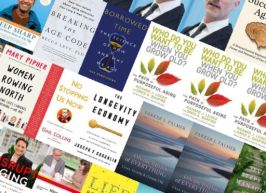



Comment on this summary or Diskussion beginnen